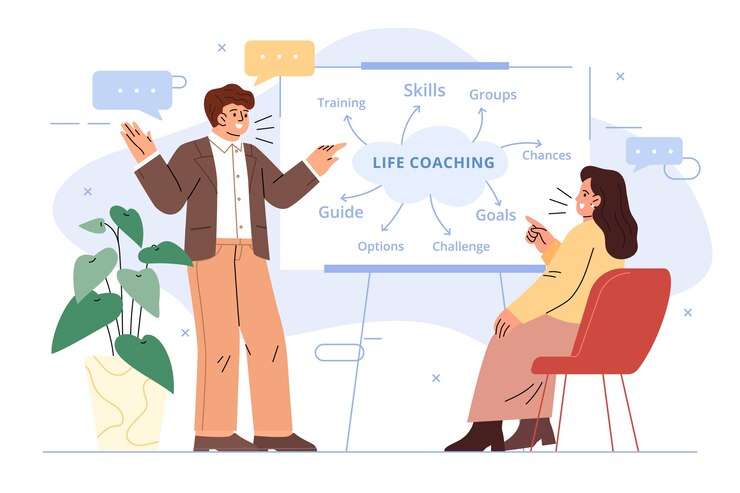
Navigating Power Dynamics in Coaching
Power and coaching? What is the connection one may wonder.
One would at first glance even feel uncomfortable with the association of power and coaching given that Coaching is about helping and power is about influence and persuasion.
As we reflect about this in all honesty, we will realise that there are power dynamics in coaching and coaches and coachees will benefit from recognizing it and navigating it in their relationship.
Coachees who are leaders in the world of business have position power. That often weighs on the coach, especially the one who does not feel completely settled about one’s one sense of worth.
The position of the coachee can at times come in the way of communicating with honesty, being able to negotiate the boundaries and call out inadequate participation in the helping process.
The coach on the other had has personal power to begin with. This power comes from the ability to display warmth, communicate with empathy and make the coachee want to engage with him or her and experience a sense of respect and reverence because of the “being” of the coach. An experienced coach may also be older and carry a reputation and therefore wield personal power.
The coach also has expertise power – professional credentials as well as coaching competence. Once the personal power leads to acceptance and helps build the foundation of the relationship, expertise enhances the reverence.
Finally, the coach will need to transcend the position power of the coachee and begin to develop a mutual sense of respect and reverence for the coachee based on his or her warmth and allow to be influenced too.
So, there is power at play in coaching. Coaches will need to accept it, be aware of it and negotiate it skillfully in the interest of the coachee.
